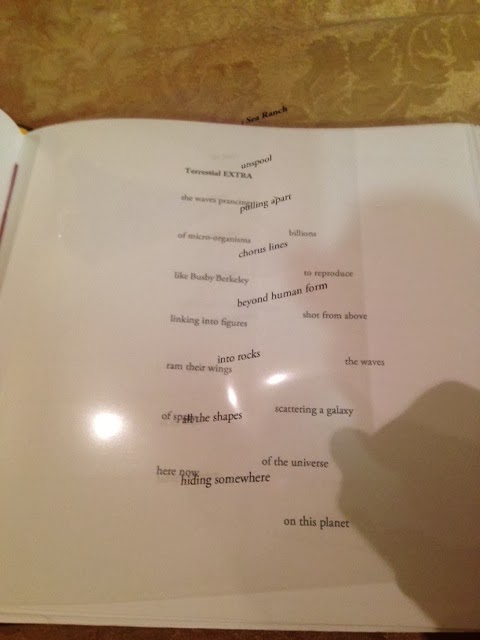I’ve been commuting a long distance the last five months, up
and down that snake called Highway 280 that links my home in San Francisco to
the peninsula south of the city. During my commute I’ve been listening to
audiobooks, and attempting to fine tune my command of the cruise control
function on my little Toyota Corolla so I can concentrate on the words I’m
hearing.
The most recent audiobook I listened to was Reading Lolita in Tehran by Azar Nafisi, a gripping,
nonfiction account of living in that city during the first 18 years of the
Islamic Republic of Iran.
 |
| Azar Nafisi |
The book centers around a small reading group of students,
led by the author. Azar Nafisi started a private literature class in her home
after she was expelled from her teaching post at the University of Tehran for
refusing to wear the chador following the Islamic Revolution.
Ironically, Azar Nafisi had been an active opponent of the shah, and
voluntarily moved back to Iran from the United States after the Islamic
Revolution. The theocratic elements of the movement to topple the monarchy
quickly put an ideological lock on Iran’s political and academic
institutions, even subjecting women to detailed inspection of their clothing
before they could enter the campus, and expelling or punishing female students
who ran up the stairs if they were late for class, or called out to friends in
a loud voice.
The many horrors of living in the Islamic Republic of Iran
that Nafisi bravely details in this book are a sobering reminder that the days of
brutal dictatorships are not behind us. We tend to think that, with a few
isolated exceptions, the type of repression that fascism and communism
subjected many millions to has more or less ended, and that we live in a more
open era, when that sort of governmental control of citizens has ceased to
exist.
Nafisi makes it acutely clear that Iran is still suffering
under a dictatorship that limits women, political opponents, non-Muslims, homosexuals, and intellectuals—and actually all its citizens—in ways that are horribly autocratic. I was particularly touched by the
story of the character she calls Nasrin, a young woman who started auditing Nafisi’s
literature classes at the university when she was only 13. Nasrin, like much of her generation, gets involved in the movement to overthrow the shah, but her
more secular faction loses out in the power struggle that follows the revolution. As a result, Nasrin spends her teenage years in prison, where a number of the other female
prisoners are shot or raped. Nasrin escapes this fate, but after her release
from prison, she is not allowed to attend university for several years because
of her former political affiliation. She ultimately ends up paying smugglers to
help her escape Iran, but one is left with a disturbing sense of the emotional
damage that living under this theocracy has caused her.
Another feature of Nafisi’s book I found fascinating was how
Iranian readers react to certain English-language novels. In contemporary Tehran, Henry
James sounds like a revolutionary, with his strong women characters such as
Daisy Miller. In the U.S., James might seem slightly dépassé, but in Iran, his novels are still so relevant that
Nafisi’s students formed a secret Daisy Miller fan club. James's reception in Iran is probably much closer to the impact his novels had in the U.S.A. when they were first published.
Reading Lolita in Tehran pulls no punches in recounting the nightmarish atrocities that the Islamic Republic of Iran has committed. I still found the book uplifting in many ways. That puzzled me, and I had to ask myself why. For one thing, Nafisi documents the little acts of resistance that the young women in her class committed every day, from wearing jeans or t-shirts or gold hoop earrings under their chadors, to talking openly amongst themselves about the hypocrisy of the men they know who are affiliated with the government. I think the book's uplifting quality also comes from Nafisi testifying to the incredible endurance of the human spirit, even under suffocating oppression, and how brightly literature can keep that torch lit.
Other recent posts about writing topics:
How to Get Published
Getting the Most from Your Writing Workshop
How Not to Become a Literary Dropout
Putting Together a Book Manuscript
Working with a Writing Mentor
How to Deliver Your Message
Does the Muse Have a Cell Phone?
Why Write Poetry?
Poetic Forms: Introduction; The Sonnet, The Sestina, The Ghazal, The Tanka
How to Be an American Writer

